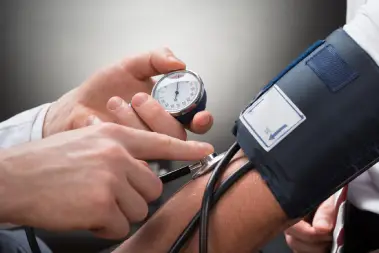The American Heart Association introduced the concept of a new medical condition called cardiovascular-kidney-metabolic syndrome (CKM) in a recent article in Circulation. The rising incidence of multiple chronic health issues in younger Americans, particularly obesity, diabetes, and heart and kidney disease, calls for earlier diagnosis and risk assessment, the association says. The synergy between metabolic risk factors, such as abdominal fat, high blood pressure, high cholesterol, and elevated blood sugar, has long-term effects on health …
Read More









